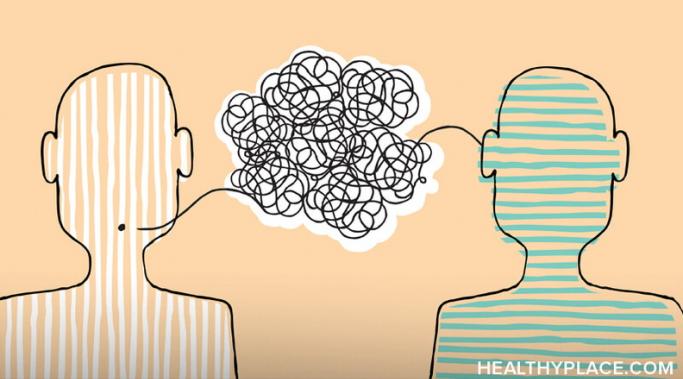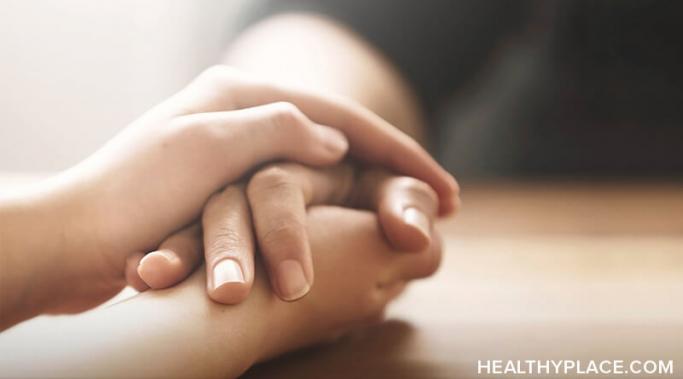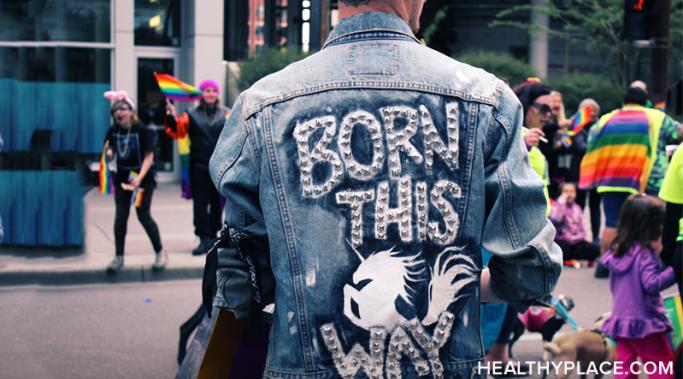Blogs
Change is critical when healing from verbal abuse. Verbal abuse is a damaging tactic that many individuals use in relationships for various reasons. Although it may be common, this method of communication is harmful to the recipient. It can cause negative side effects for years, even after the verbal abuse is no longer present. The only way to move away from verbal abuse and heal is to change.
Having a strong support system is so important for anxiety. This is something I've learned throughout the years in my journey to learn more about my anxiety and how to cope with it. Even in times that I feel like I want to withdraw from others because I feel overwhelmed with anxious feelings, I make it a point to turn towards my anxiety support system.
Finding yourself falling into an anxious spiral is scary, and it's easy to feel out of control. Luckily, there are some physical skills you can utilize to fight off this feeling. Sometimes, in an anxious spiral, it's difficult to think clearly, so when I face those issues, I tend to lean into physical practices, meaning that I'm doing an action using my body and not necessarily my mind to find comfort. Using physical practices is a great way to center yourself and regain emotional balance.
In my life's journey, which includes nearly two decades of mindfulness practice, I have unearthed a profound connection between a mindfulness practice that creates increased mental control and the augmentation of self-esteem. This realization has been transformative, shaping the way that I perceive myself and my role in the broader tapestry of society. There is a huge potential for mindfulness to improve one's self-esteem.
I have been living with depression for 20 years, and I mean it when I say I'm both a survivor and a victim of depression. What do I mean by this statement? Let's take a look at being a survivor and victim of depression.
Drinking alcohol with bipolar is a no-no, but over the holidays, it can be hard to remember that. After all, at holiday parties, everyone seems to be drinking. What might help is understanding why people with bipolar disorder shouldn't imbibe alcohol.
Facing verbal abuse is an awful situation to be in, regardless of your age or the circumstances. Often, if someone is dealing with verbal abuse, they don't have the strength or confidence to stand up for themselves. This situation can allow the abuse to continue and worsen over time. However, some people can face abusers and call them out on their behavior when they aren't the victim of the situation. Why is it easier for some people to stand up against others facing verbal abuse?
I realize now that I need to accept a lack of control in my eating disorder recovery. My battle with anorexia was never just about caloric restriction or exercise compulsion. Those behaviors were surface-level indicators of a more complex issue underneath. The main fear that drove my illness had nothing to do with food itself—on the contrary, I longed for nourishment and sustenance. My source of terror was a loss of control.
I deal with schizophrenia anxiety around COVID-19. The pandemic hit me especially hard. I still haven't recovered my former level of social activities, and much of my time is spent indoors and alone -- isolated. I still wear masks in the grocery store and don't dine indoors in restaurants (I live in a warm climate). When most of the world went on with their lives and returned to normal, my paranoia and anxiety kept me stuck in a loop of fear, worry, concern, and the possibility of adverse outcomes. Even though we took many precautions against contracting the virus, my husband returned to work over a year ago, and last week, he started having symptoms. Two days later, I did, too. After a few days, we both tested positive for COVID-19.
Recently, I have been thinking a lot about identity labels. More specifically, I've been thinking about whether identity labels help or hurt us. In today's post, I will look at the ways that identity labels support us and, at times, the ways they might hinder us.









